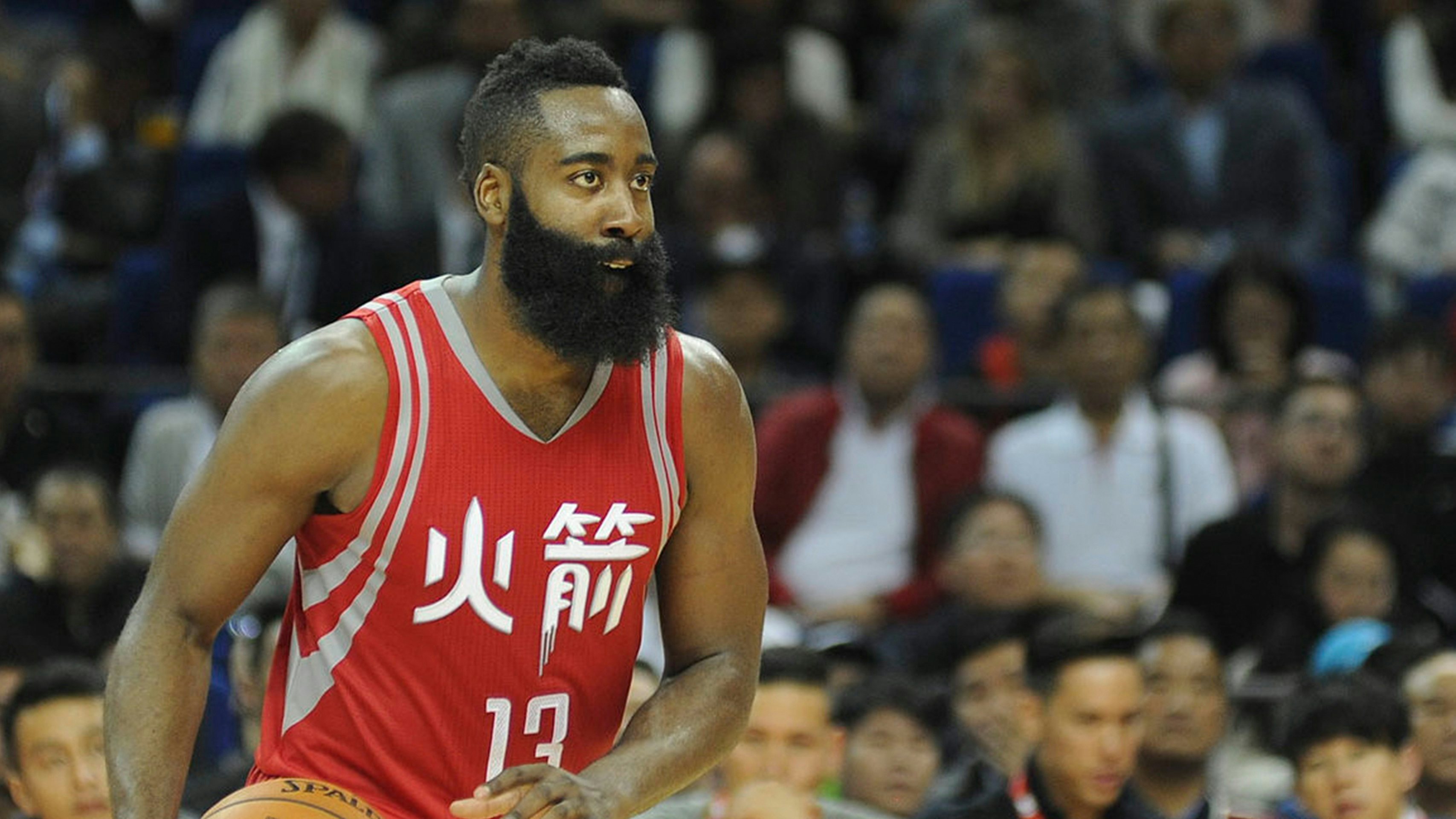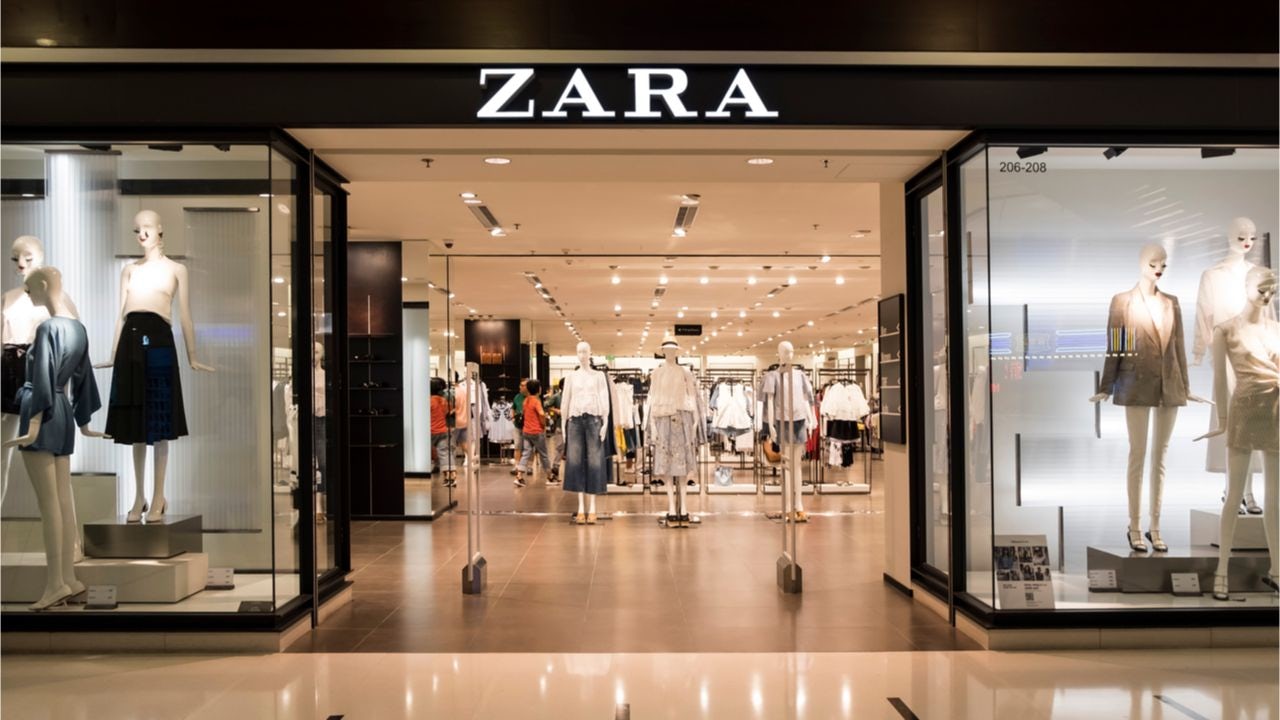High-profile apologies from foreign brands are nothing new in China, as companies seem to have no choice but to apologize for “hurting the feelings of the Chinese people” when they inadvertently offend Beijing’s sensibilities or don’t toe the government’s party line. Jing Daily has covered previous examples of these faux pas over the last six months, with brands ranging from Coach and Givenchy to Zara and Versace getting caught in the crossfire over the ongoing Hong Kong protests.
In each of those cases, the brands have mostly gotten back to business as usual in the Greater China region by offering quick online apologies and essentially following the suggested playbook for foreign brands that have received the ire of Beijing censors or online mobs over recent years.
But the most recent flare-up involving the NBA, as well as those committed by a handful of other brands, indicates that a “new normal” is emerging where Beijing’s is trying to extend its reach more directly into foreign companies’ activities, whether they’re inside or outside of China.
The latest NBA firestorm revolves around a quickly-deleted tweet authored by Houston Rockets' general manager Daryl Morey that showed support for the Hong Kong protestors. Beijing and its netizens were quick to descend upon Morey, who quickly backtracked about the tweet’s message, and the NBA quickly posted an apology (which had very different in messaging in English than in Chinese, bilingual observers were quick to point out).
This gaffe happened to occur at a time when Beijing is being extra heavy-handed about its promotion of patriotism because of the 70th anniversary of the founding of the People’s Republic, and Beijing has been extra vigilant about spotting anything on social media by any foreign brand or its representatives that even remotely supports the Hong Kong protests.
Morey’s tweet provided Beijing with a pretext for punishing the Houston Rockets and its parent company, the NBA. As a response, multiple Chinese businesses instantly cut ties with the Houston Rockets as did the Chinese government and the Chinese Basketball Association (CBA). China has historically been big business for the Rockets, as they were the team of famous NBA center Yao Ming, and they’ve even put the Chinese characters for their team on some of their jerseys. Therefore, this has definitely caused hand-wringing for the Rockets as well as the NBA, which stands to lose a streaming deal with Tencent that’s worth billions.
But from the perspective of American onlookers, the biggest concern is if the NBA is willing to support free speech by a private American citizen on an American social platform or if they prefer to bend over backward to placate an irate Beijing, which has shown that it’s happy to censor foreign critics even if they’re outside of China.
So far, the NBA has mostly leaned towards the first approach, with Commissioner Adam Silver releasing a statement that said, "It is inevitable that people around the world — including from America and China — will have different viewpoints over different issues. It is not the role of the NBA to adjudicate those differences." Added Silver, "However, the NBA will not put itself in a position of regulating what players, employees and team owners say or will not say on these issues. We simply could not operate that way."
The question now is what kind of long-term impact this will have on NBA operations in China. Some observers have been quick to point out that the depth and breadth of the NBA’s popularity in China — NBA basketball and European soccer are by far the most popular foreign sports in the country, and have been for decades — means that Beijing’s censors will find that banning the NBA is a futile task.
In a way, banning NBA merchandise on platforms like Taobao might, some say, ultimately be a strangely positive thing for the NBA as it could cut down on counterfeits. And as journalist Rob Schmitz pointed out, “Halting NBA broadcasts won't prevent Chinese fans from watching NBA games or buying merchandise. They'll find ways to do so, and in the process, they'll grow more resentful of their own government and its ‘you-hurt-my-feelings’ approach to the rest of the world.”
But from a business perspective, the NBA will be concerned, and from a marketing perspective, American fans will be as well. While the NBA is standing up for free speech, the longer-term impact of this controversy shows that Beijing is no longer concerned about the global perception of its censorship (over) reach. Other companies recently caught in the crossfire of Beijing or Hong Kong authorities, such as Vans, have been on the receiving end of such censorship. And now, there are valid concerns that the Chinese influence on message, marketing, design, and even content will become more heavy-handed than ever and could expand to impact even normal consumers via censorship in apps like TikTok/Douyin.
What is this new form of global censorship going to mean for businesses? What company will we see apologizing to Beijing next because of a tweet, Instagram post, or comment made on non-Chinese media outside of China? Will that company be as quick to defend free speech as a corporate entity as powerful as the NBA? Or, in the interest of keeping a good “corporate social credit” score in China, will they throw that individual under the bus?


